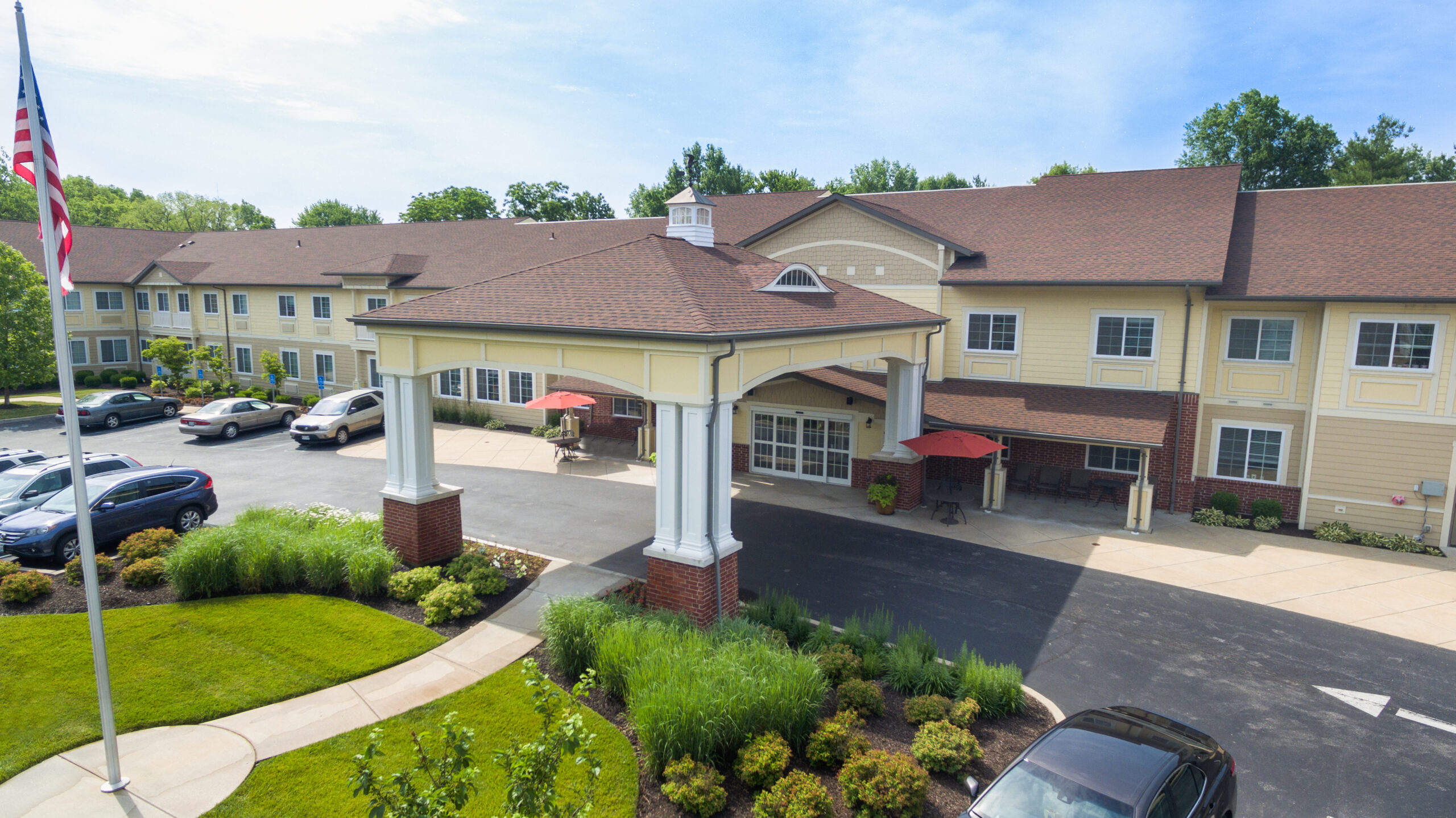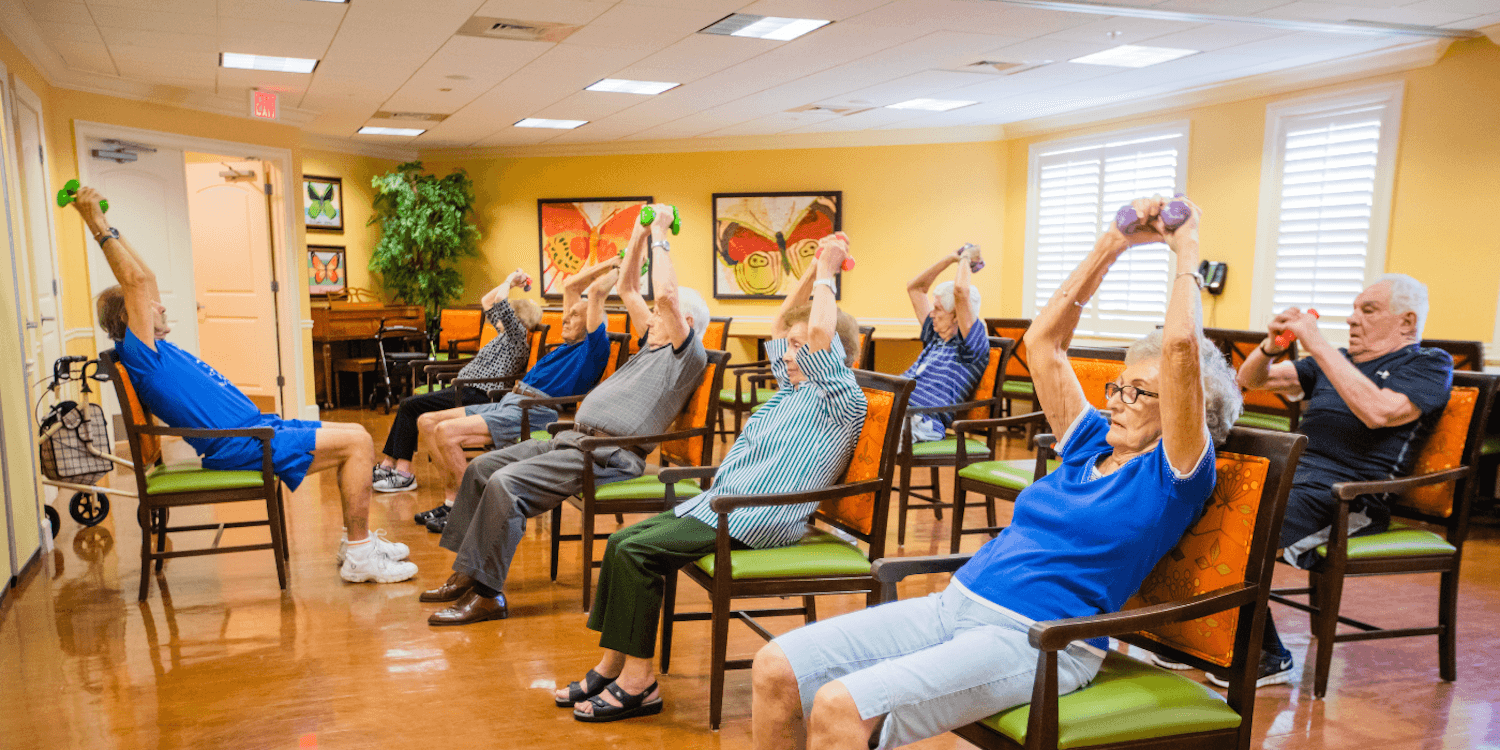Family-Oriented Facilities Offering Personalized Alzheimers Care Charlotte
Family-Oriented Facilities Offering Personalized Alzheimers Care Charlotte
Blog Article
Producing a Safe and Supportive Atmosphere for Alzheimer's Treatment
The development of a secure and helpful atmosphere for individuals with Alzheimer's is critical in improving their high quality of life. This includes not just physical adjustments within the home, such as reducing risks and incorporating acquainted aspects, but additionally the execution of structured regimens and purposeful tasks that provide to their cognitive demands. In addition, understanding the emotional and psychological dimensions of treatment can dramatically impact their complacency and connection. Checking out these complex strategies can expose crucial insights right into efficient caregiving techniques that might transform the daily experiences of both patients and caregivers.
Comprehending Alzheimer's Needs
Often, individuals with Alzheimer's illness exhibit a variety of requirements that need tailored methods to care. As the problem progresses, cognitive decrease manifests in numerous methods, affecting memory, reasoning, and even the capacity to carry out day-to-day activities. Caregivers need to acknowledge these advancing demands to provide appropriate assistance and make sure a greater top quality of life for those impacted.
One critical aspect of understanding Alzheimer's demands is identifying the significance of routine and knowledge. Individuals usually discover convenience in recognized patterns, which can lower stress and anxiety and confusion. Caregivers ought to make every effort to produce organized daily routines that integrate purposeful activities lined up with the individual's passions and capacities.
In addition, reliable interaction is extremely important. People with Alzheimer's may battle to share themselves or comprehend intricate language. Caretakers must employ straightforward, clear language, use non-verbal hints, and practice energetic listening to cultivate understanding and connection.
Last but not least, social and psychological needs can not be ignored. Offering possibilities for social interaction and keeping connections can considerably boost psychological well-being. Caregivers must encourage involvement in community activities or family members celebrations, promoting a sense of belonging and function. Recognizing these varied requirements is crucial for producing a supportive treatment atmosphere.
Creating a Safe Home
Producing a secure home for individuals with Alzheimer's condition is crucial to advertising and lessening threats independence. The layout of the living space should prioritize safety and security while permitting individual comfort. Remove possible dangers such as loosened carpets, sharp items, and clutter, which can lead to drops or crashes. Make sure that pathways are well-lit and clear, as appropriate illumination decreases disorientation and improves wheelchair.
Integrating flexible attributes is additionally crucial. Install grab bars in bathrooms and near stairs, and consider using non-slip mats in damp areas. In addition, using contrasting shades for floorings and walls can assist in distinguishing spaces, helping to minimize complication.
Experience is essential for people with Alzheimer's. Customizing the atmosphere with familiar things and photographs can enhance a sense of belonging and safety and security - Alzheimers Care Charlotte. It is additionally helpful to have a designated area for everyday tasks, such as analysis or crafting, which can provide framework to their day
Lastly, implementing a safe and secure exterior space enables risk-free expedition while linking with nature. By thoughtfully making the home setting, caretakers can dramatically improve the high quality of life for people living with Alzheimer's disease.
Enhancing Interaction Abilities

Non-verbal interaction, consisting of facial expressions, gestures, and touch, plays an essential role in conveying compassion and understanding. Preserving eye get in touch with and a calm disposition can enhance the convenience degree of the individual, promoting a feeling of safety and security.
Additionally, it is necessary to practice energetic listening. This includes being completely present, revealing persistence, and allowing the individual to reveal themselves without interruption. Repetition might be required; caregivers must be prepared to review topics or inquiries, as individuals with Alzheimer's might fight with memory recall.
Additionally, making use of visual help or hints, such as photographs or acquainted things, can help with recognition and engagement. Eventually, boosting communication skills has to do with developing count on and developing an environment where people feel listened to, valued, and understood, consequently enriching their lifestyle.
Encouraging Social Communication
Fostering significant social communications can considerably enhance the wellness of people with Alzheimer's illness. Involving with others not only assists fight feelings of isolation yet likewise boosts cognitive function and emotional wellness. Structured social tasks, such as group video games, arts and crafts, or songs therapy, produce possibilities for residents to link with peers and caretakers, which can lead to improved mood and lowered anxiety.
Creating an inviting atmosphere that urges socialization is crucial. This can be achieved by organizing common rooms that promote interaction, such as cozy seating areas or activity spaces. Furthermore, including acquainted and culturally pertinent activities can spark memories and encourage involvement, enabling people with Alzheimer's to really feel even more linked to their previous experiences.
Furthermore, caregivers need to be educated to recognize and advertise social involvement among residents. By focusing on social communication, we can considerably enrich the lives of those living with Alzheimer's, cultivating a feeling of community and belonging.
Sustaining Caregiver Well-being

To sustain caregivers, companies need to offer routine training and instructional resources to improve their understanding of Alzheimer's condition and caregiving strategies. Offering accessibility to reprieve treatment solutions allows caregivers to take needed breaks, lowering stress and tiredness - Alzheimers Care Charlotte. Furthermore, cultivating an area through support system can assist in psychological sharing and the exchange of sensible advice among caregivers, producing a network of shared assistance
Psychological wellness sources, such as therapy solutions, can additionally be important in addressing the emotional toll caregiving can take. By prioritizing caregiver well-being, we create a more lasting caregiving environment that not just profits the caretakers themselves but likewise improves the total top quality of treatment obtained by people with Alzheimer's. Eventually, supporting caregivers is a necessary element in promoting a efficient and compassionate care setup.
Verdict
Finally, the development of a supportive and safe setting for people with Alzheimer's is important to improving their quality of life. By prioritizing safety via thoughtful layout, promoting emotional health with acquainted aspects, and promoting involvement with structured routines, caretakers can dramatically affect the overall experience of those influenced by this problem. Furthermore, supporting caretaker wellness is crucial, as it inevitably adds to a much more effective and caring care setting.
Rep may be essential; caregivers need to be prepared to review subjects or concerns, as people with Alzheimer's may have a hard time with memory recall.

Report this page